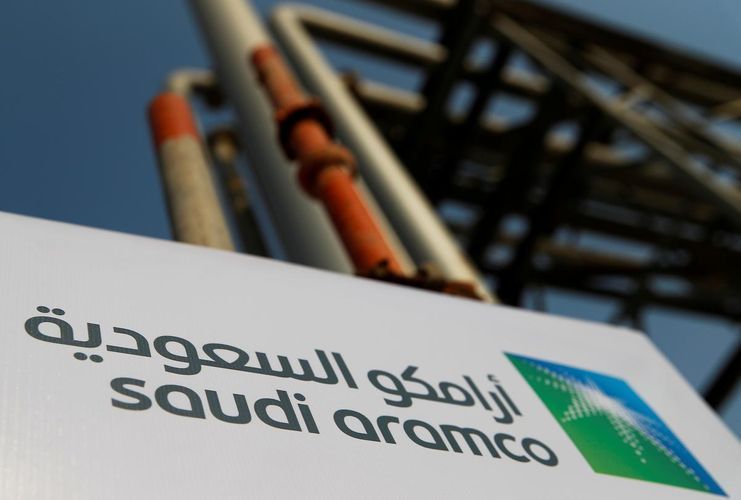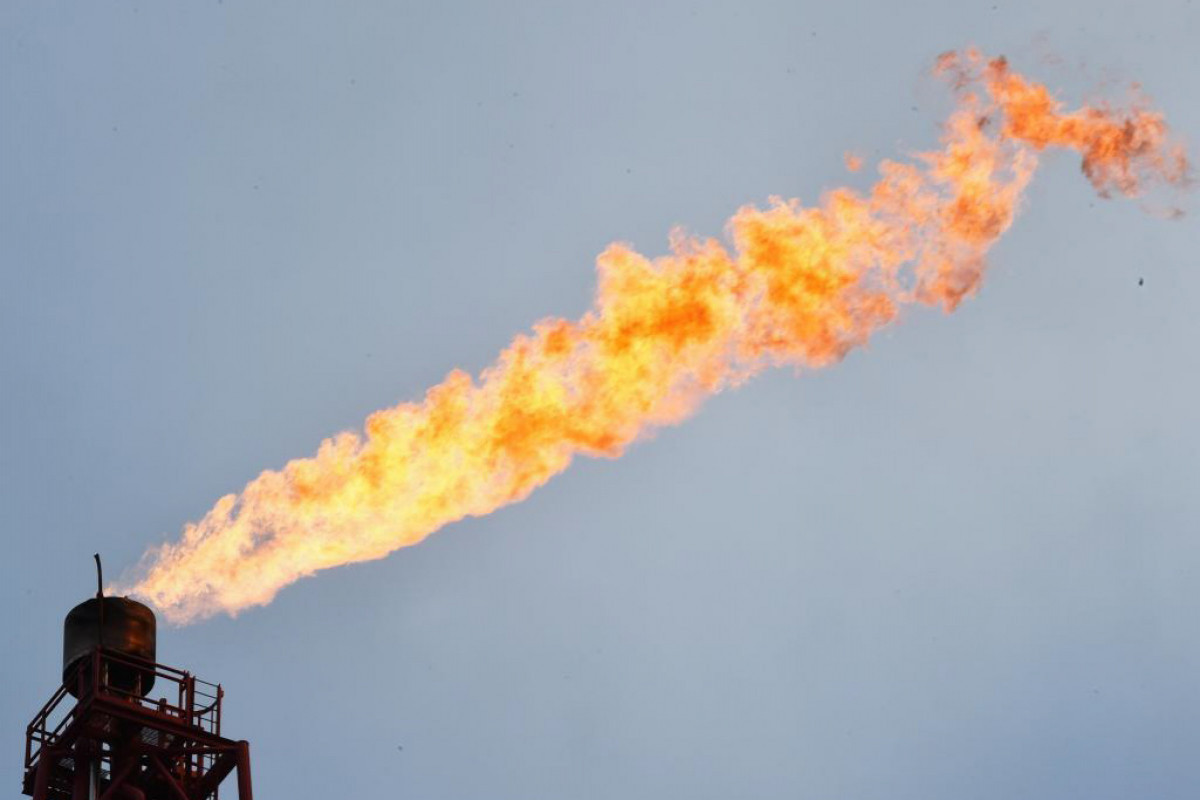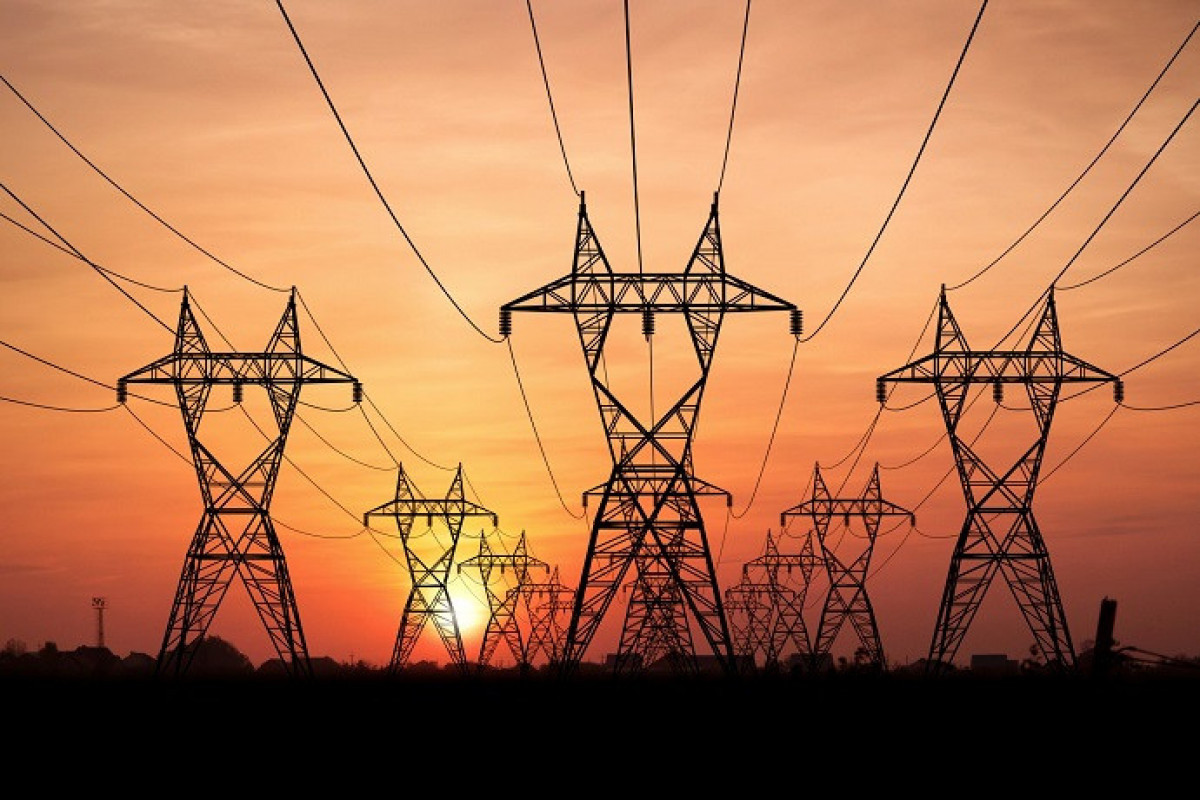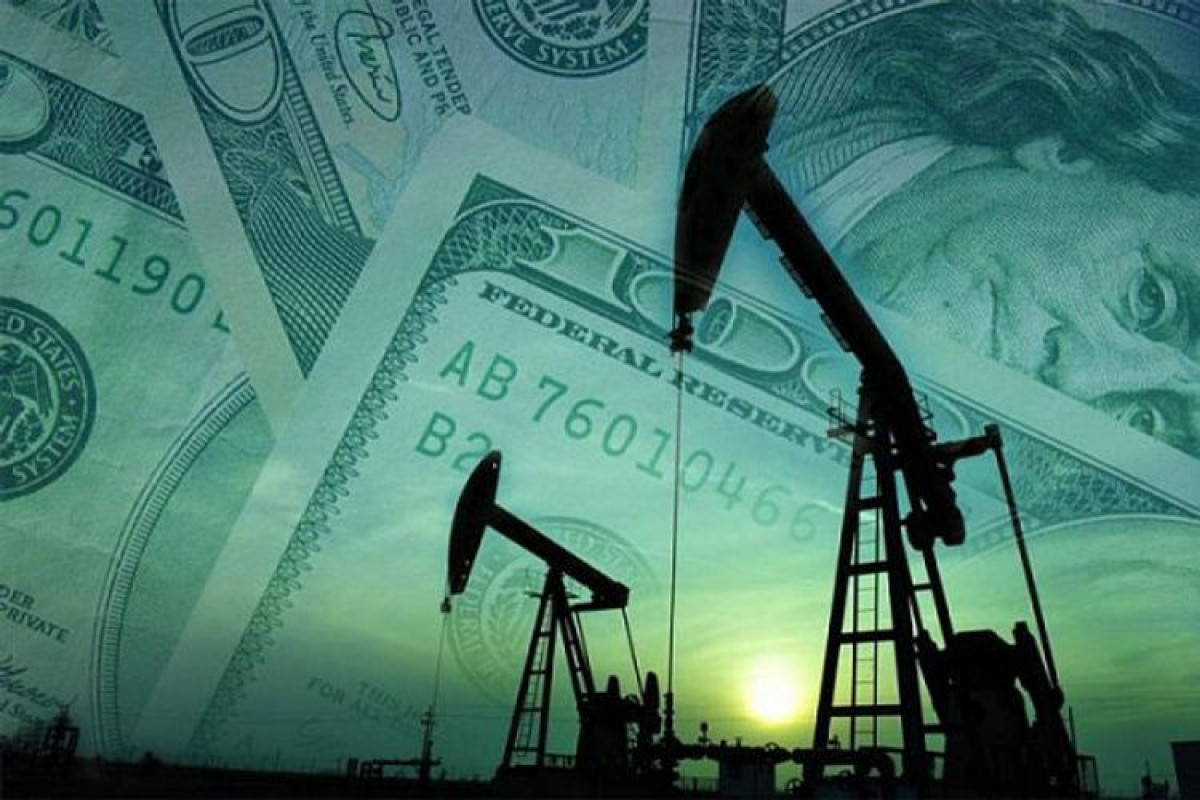One month after Saudi Aramco unexpectedly hiked prices to Asian buyers as OPEC+ started cutting output after a historic price discount that was triggered by the brief price war between Russia and Saudi Arabia (which culminated with the prompt WTI contract plunging to a record low -$40 on April 20), on Sunday the Saudis made a complete reversal to their price-cutting strategy, when they unveiled the biggest increases in the price for its crude exports in at least two decades, doubling down on plans to bolster the oil rally oil a day after OPEC+ producers extended historic output cuts, APA reports citing oglinks.
As Bloomberg reported with China’s demand for crude once again rising, the Saudis are furiously raising prices in a world where supply has suddenly emerged as the price bottleneck. As a result, Aramco raised the price of Arab Light to Asia by $6.10 a barrel to a premium of 20 cents over the benchmark. This monthly increase in the official selling price (OSP) for flagship Arab Light crude to Asia, which accounts for more than half of Saudi oil sales, was the largest since records began in 2000.
Overall, Aramco raised July pricing for all grades to Asia by between $5.60 and $7.30 a barrel, well above the expected increase of about $4 a barrel. Buyers of Saudi oil in the U.S., the Mediterranean region and Northwest Europe will also pay more for oil.
The price hike came one day after OPEC+ chose on Saturday to extend production limits by one more month at almost the same level in order to further reduce the glut of global oil inventories, instead of tapering output cuts as previously planned at the end of June. As Bloomberg notes, Aramco, which typically announces pricing on the fifth day of each month, had delayed its July numbers until after OPEC+ members made their decision.
At the start of March, Saudi Arabia unleashed a brief but crushing price war when it slashed official selling prices by the most in three decades after failing to reach an agreement with Russia to extend production cuts in the face of the pandemic’s destruction of oil demand. Eventually both Russia and the rest of OPEC+ fell in line, and agreed to trim production by up to 23% (even though subsequently it emerged that Angola, Iraq, Kazakhstan and Nigeria had been cheating on the deal), resulting in the biggest output curbs in history as nearly 10 million barrels a day was taken off the market, while US shale production plunged by roughly 2 million barrels daily as low prices drove producers to shut wells.
All of this helped boost oil prices in May, and in light of the positive outcome on oil prices, on Saturday OPEC+ decided to extend those limits through July. Brent crude, while still down 36% this year, has clawed back much of its losses and ended trading on Friday at more than $40 a barrel for the first time since March.






